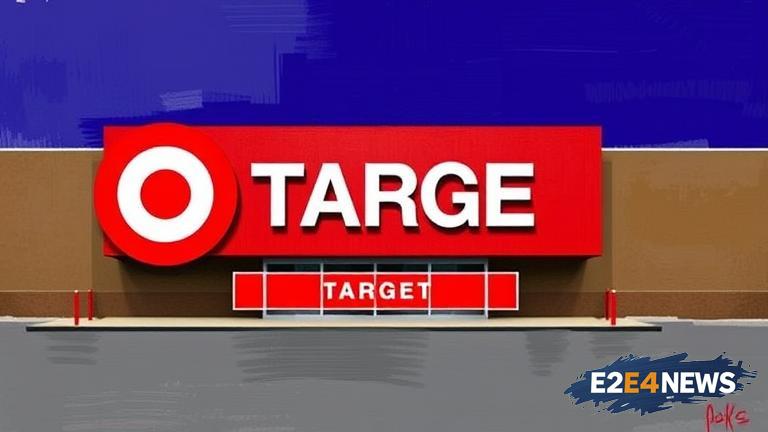The Public Broadcasting Service (PBS) has come under fire for joining a left-wing boycott of retail giant Target. The boycott was sparked by Target’s partnership with a conservative group, which has been accused of promoting anti-LGBTQ+ views. PBS’s decision to join the boycott has been met with widespread criticism, with many accusing the network of taking a partisan stance. The backlash against PBS has been growing, with many calling for the network to remain neutral in political matters. The controversy began when Target announced its partnership with the conservative group, which led to a backlash from left-wing activists. The activists accused the group of promoting hate speech and called for a boycott of Target. PBS, which has a long history of promoting liberal views, quickly joined the boycott, citing its commitment to diversity and inclusion. However, many have questioned PBS’s decision, arguing that it is not the network’s place to take a political stance. The boycott has also been criticized for its potential impact on Target employees, who may face financial hardship as a result of the boycott. Despite the backlash, PBS has refused to back down, citing its commitment to promoting diversity and inclusion. The network has also faced criticism for its handling of the controversy, with many accusing it of failing to provide balanced coverage of the issue. The boycott has sparked a wider debate about the role of corporations in politics and the impact of boycotts on employees and customers. Many have argued that boycotts are an effective way to promote social change, while others have argued that they can have unintended consequences. The controversy has also highlighted the growing divide between liberal and conservative groups in the US. The partnership between Target and the conservative group has been seen as a symbol of the growing influence of conservative groups in the US. The backlash against PBS has also raised questions about the network’s funding and its reliance on government support. Many have argued that PBS should not be using taxpayer dollars to promote a partisan agenda. The controversy has sparked a wider debate about the role of government-funded media in the US and the need for greater transparency and accountability. The boycott has also had a significant impact on Target, with the company facing financial losses as a result of the boycott. The company has attempted to respond to the backlash, but its efforts have been largely unsuccessful. The controversy has also highlighted the growing power of social media in shaping public opinion and promoting social change. Many have argued that social media has given a voice to marginalized groups and allowed them to mobilize and take action. However, others have argued that social media can also be used to spread misinformation and promote hate speech. The boycott has sparked a wider debate about the impact of social media on society and the need for greater regulation and oversight. The controversy has also raised questions about the role of corporations in promoting social change and the need for greater transparency and accountability. Many have argued that corporations have a responsibility to promote diversity and inclusion, while others have argued that they should remain neutral in political matters. The boycott has highlighted the growing complexity of the issue and the need for a more nuanced and balanced approach.
